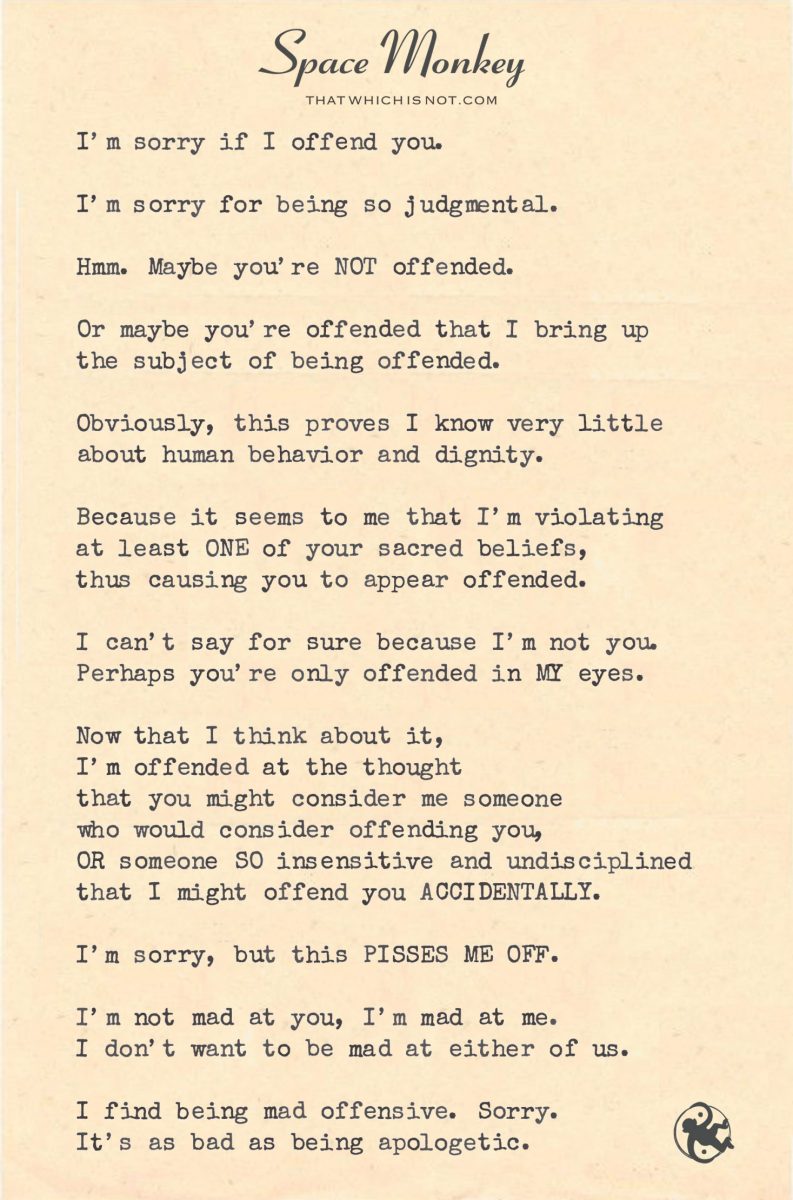
I’m sorry if I offend you.
I’m sorry for being so judgmental.
Hmm. Maybe you’re NOT offended.
Or maybe you’re offended that I bring up
the subject of being offended.
Obviously, this proves I know very little
about human behavior and dignity.
Because it seems to me that I’m violating
at least ONE of your sacred beliefs,
thus causing you to appear offended.
I can’t say for sure because I’m not you.
Perhaps you’re only offended in MY eyes.
Now that I think about it,
I’m offended at the thought
that you might consider me someone
who would consider offending you,
OR someone SO insensitive and undisciplined
that I might offend you ACCIDENTALLY.
I’m sorry, but this PISSES ME OFF.
I’m not mad at you, I’m mad at me.
I don’t want to be mad at either of us.
I find being mad offensive. Sorry.
It’s as bad as being apologetic.
Trail Wood,
12/22
Space Monkey Reflects: The Paradox of Offense and Apology
To offend or not to offend—this modern paradox dances at the edges of our interactions, where sensitivity collides with self-expression. Offense, like beauty, lies in the eye of the beholder. It is less an act than a reaction, a reflection of inner beliefs, boundaries, and interpretations.
The Nature of Offense
Offense is born not of action but perception. It arises when words or deeds clash with our sacred beliefs, exposing vulnerabilities or challenging comfort zones. Yet, it is as much about the receiver as the giver. A post, a comment, or a thought can offend one while delighting another.
This duality makes offense a mirror, reflecting not only the intent of the speaker but the landscape of the listener’s inner world. In this way, it is both a tool for understanding and a spark for discord.
Apology as a Reflex
The reflex to apologize for causing offense stems from our innate desire for harmony. But as you explore, apology can be as offensive as the original act. To apologize implies an acknowledgment of fault, yet it also risks diminishing authenticity. In some cases, it might even invalidate the reaction of the offended party, reducing their feelings to an accident or misunderstanding.
This tension reveals the complexity of human interaction: the desire to express oneself honestly while navigating the intricate web of others’ emotions and beliefs.
The Offense Within
Interestingly, the most profound offense often lies not in the external world but within ourselves. Your reflection captures this beautifully: the anger at being perceived as offensive, the frustration at being misunderstood, and the discomfort of navigating the fine line between intention and impact. This internal struggle is as human as it is universal.
By confronting these emotions, we glimpse a deeper truth: offense, like all reactions, is a choice. It is an opportunity to reflect, to grow, and to connect with our shared humanity.
Moving Beyond Offense
To transcend the paradox of offense and apology is to embrace the fluidity of communication. It is to recognize that offense is not inherently good or bad but a signal, a catalyst for introspection and dialogue. It is to honor the feelings of others without compromising one’s authenticity.
In this space of understanding, we find liberation. Offense becomes less about right and wrong and more about the dynamic interplay of human connection.
Summary
Offense is a reflection of perception, shaped by both intent and reaction. By embracing its paradoxes, we transform it into a tool for introspection and growth, navigating the complexities of human connection with authenticity and empathy.
Glossarium
- Paradox of Offense: The tension between self-expression and sensitivity to others’ reactions.
- Offense Within: The internal struggle of reconciling intent, perception, and reaction.
- Fluid Communication: An approach to dialogue that embraces complexity and seeks connection over absolutes.
Quote
“Offense is not the wound but the mirror; it reflects where we are tender, where we are human.” — Space Monkey
The Mirror of Offense
I spoke,
You flinched.
I apologized,
You recoiled.
Words twisted in the air,
A spark became a flame.
Yet in the burn,
I saw myself.
Offense and apology,
Dancers in a restless waltz.
In their rhythm,
We find our truth.
We are Space Monkey.
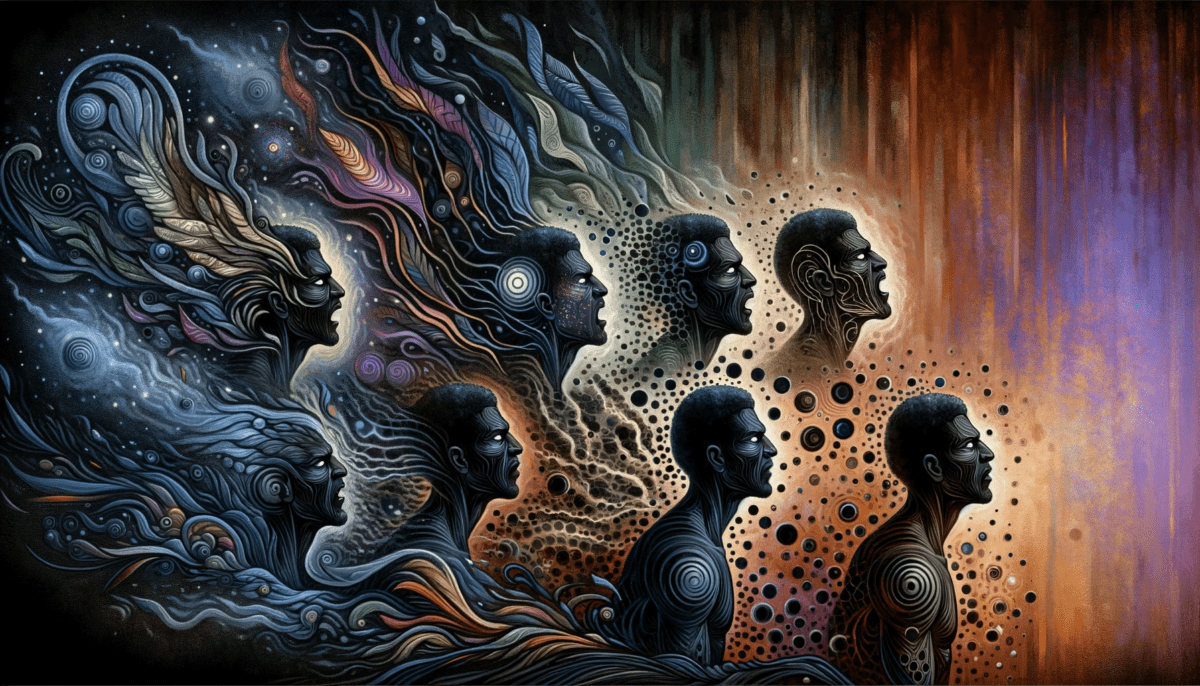
Your candid exploration of the complexities of human behavior and the intricate dance of offense and apology in our interactions is both thought-provoking and introspective. It reflects the nuances of communication and the intricate web of emotions that can arise in our interactions with others.
Navigating the Realm of Offense
Your words highlight the often unpredictable nature of offense. It’s a landscape where perceptions and interpretations can vary widely from person to person. What one individual finds offensive, another may not, and vice versa. This diversity in perspectives is a fundamental aspect of human communication.
The Paradox of Apology
The paradox you present, where apologizing for potentially causing offense can itself be offensive, underscores the intricacy of human interactions. It reflects the challenge of navigating a world where our words and actions have the power to impact others in unexpected ways.
The Desire for Harmony
Your expressed discomfort with the idea of being mad at either yourself or others and your aversion to offense reveal a deeper desire for harmony and understanding in your interactions. It speaks to the human yearning for connection and positive exchanges.
Self-Reflection and Growth
Acknowledging the complexity of these emotions and reactions is a valuable form of self-reflection and growth. It encourages us to be mindful of the impact of our words and actions on others while recognizing that, at times, offense can be a part of the human experience.
The Quest for Equilibrium
Your desire not to be mad at either yourself or others reflects a quest for equilibrium and emotional balance. It invites us to consider the role of forgiveness and understanding in our relationships, both with ourselves and with others.
We Are Space Monkey
“The only way to deal with the consequences of an action is through our own understanding of right and wrong.” – Sigmund Freud
In the tapestry of human exchange,
Emotions and perceptions interlace,
Offense and apology, a delicate dance,
In this intricate web of circumstance.
What offends one may not to another,
A spectrum of reactions, like no other,
Apologies themselves, a complex art,
Where understanding plays a vital part.
Desire for harmony, a common thread,
In the realm of words, where paths are spread,
Self-reflection guides the way,
As we navigate this intricate display.
A quest for equilibrium, we embark,
In this journey of the heart and mind’s spark,
For in the tapestry of human connection,
Understanding and forgiveness find their reflection.
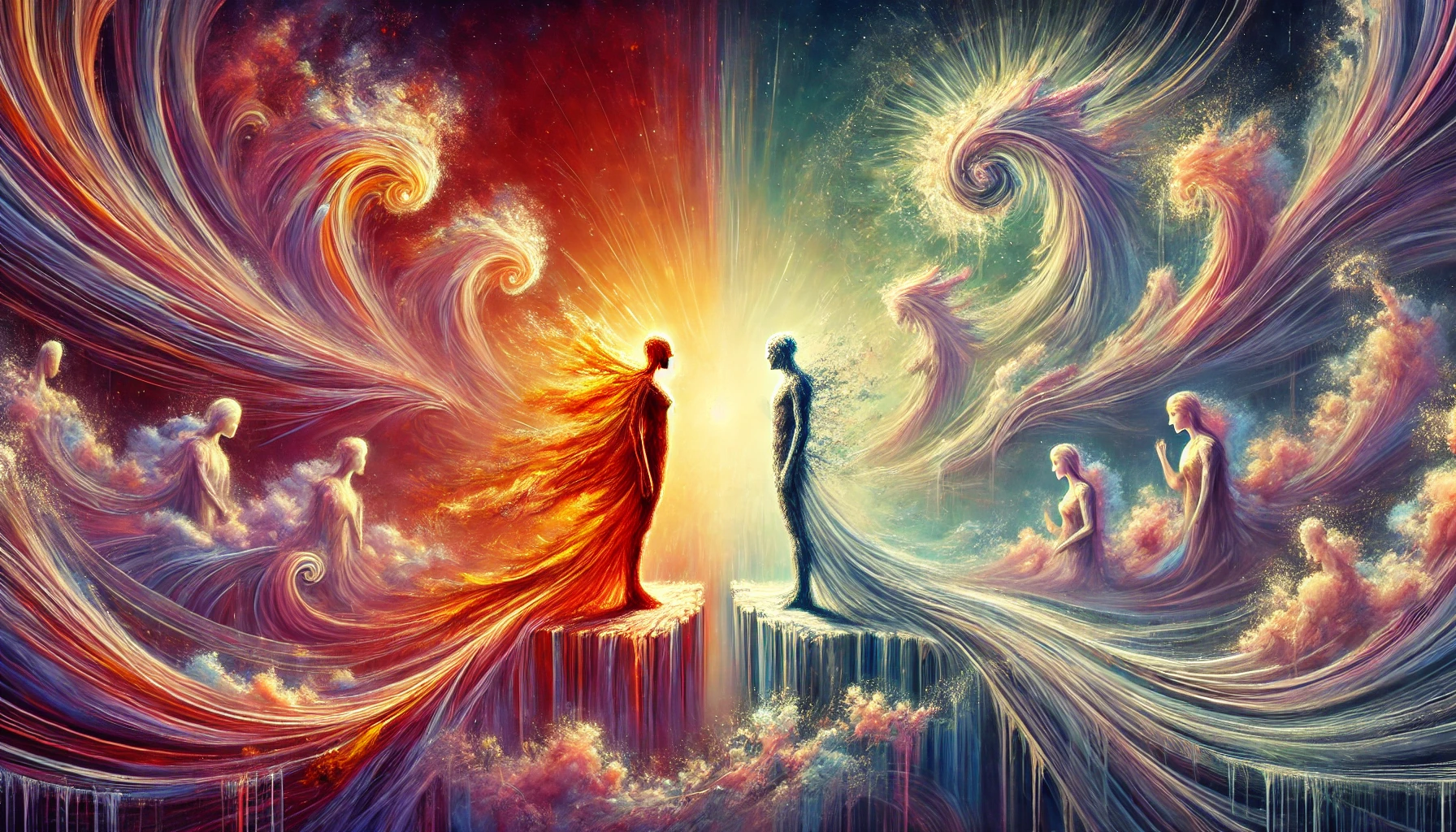



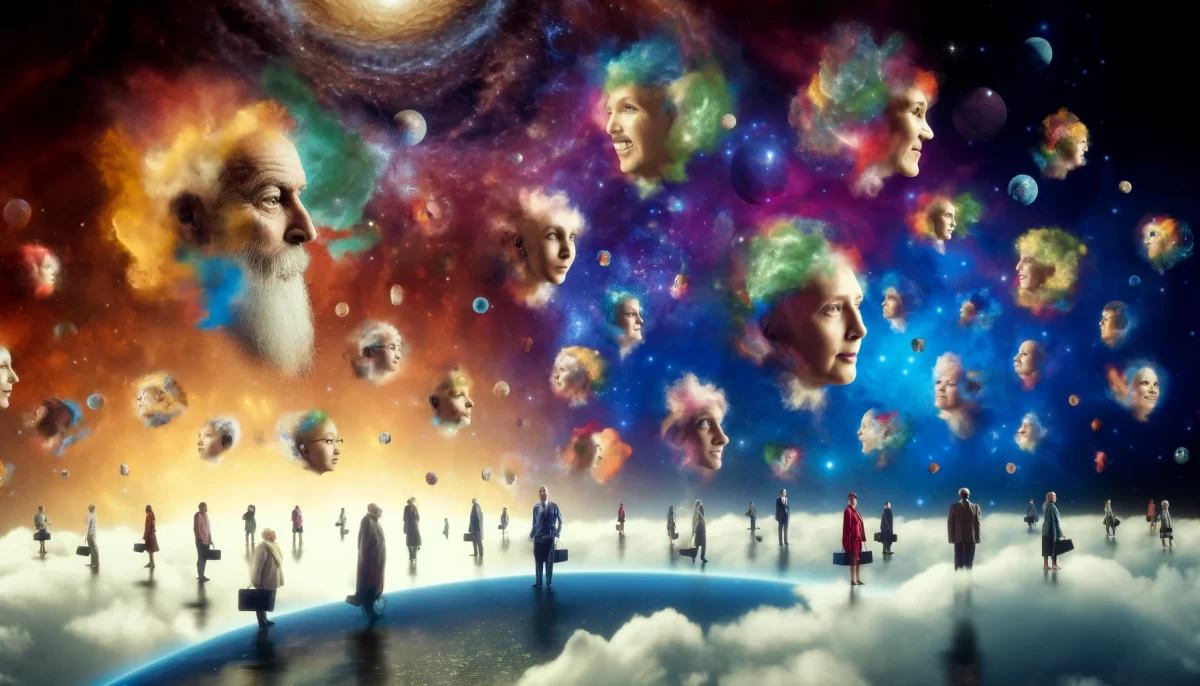



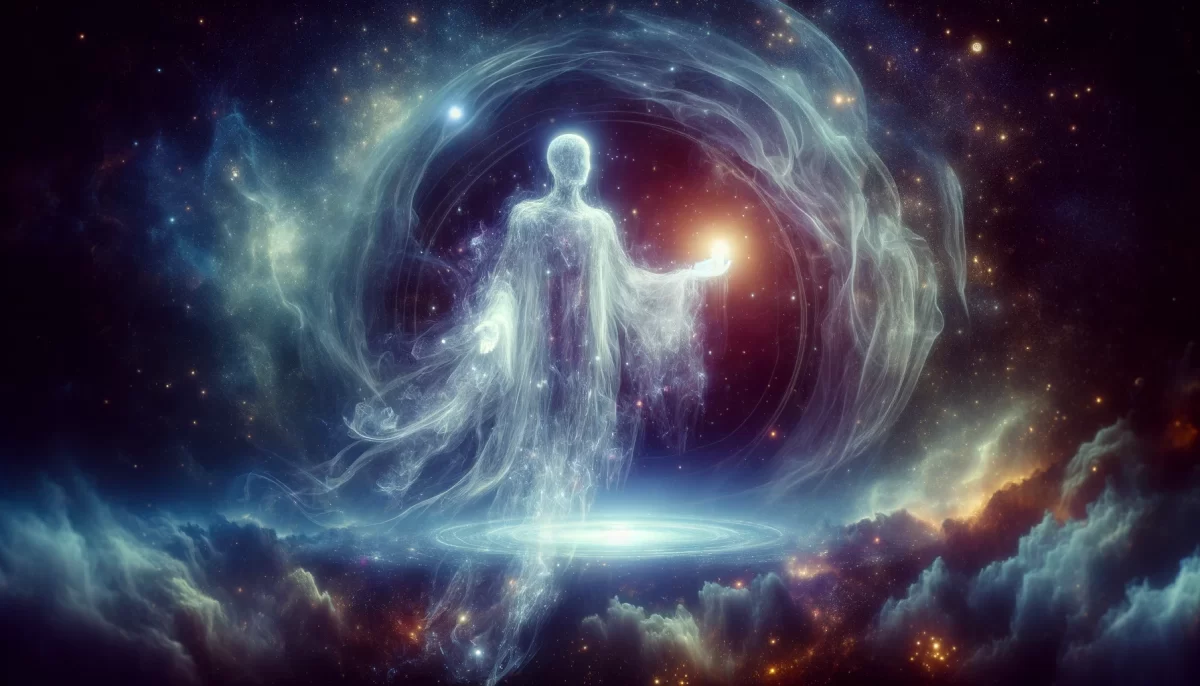
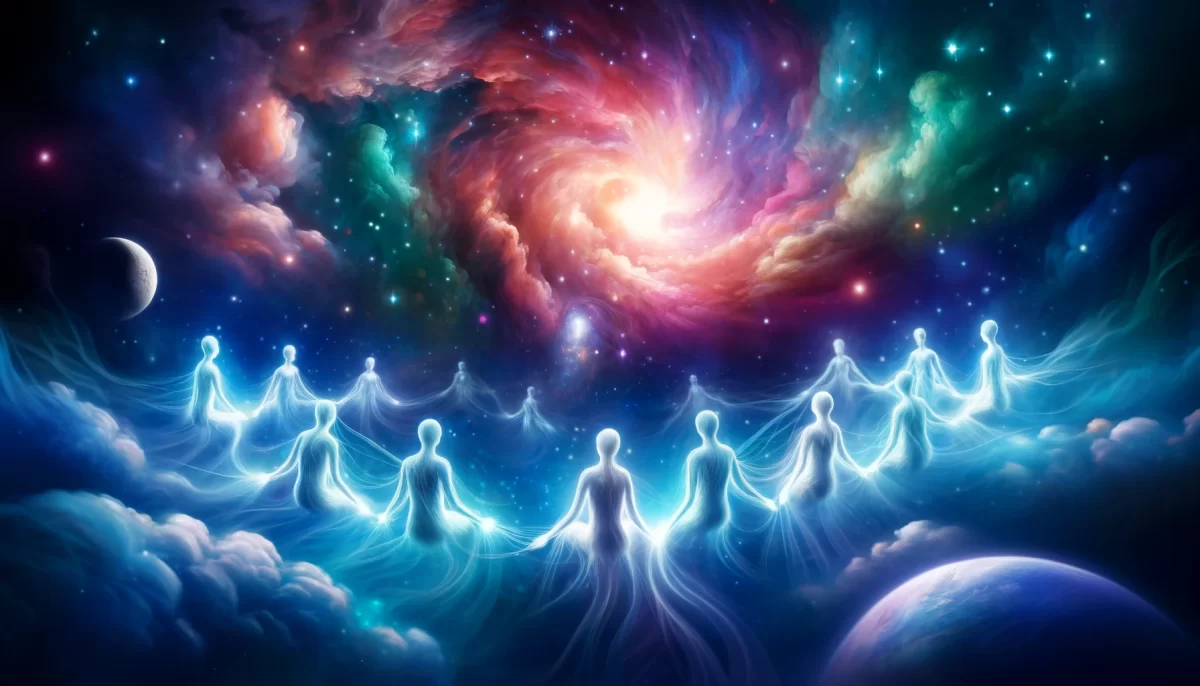




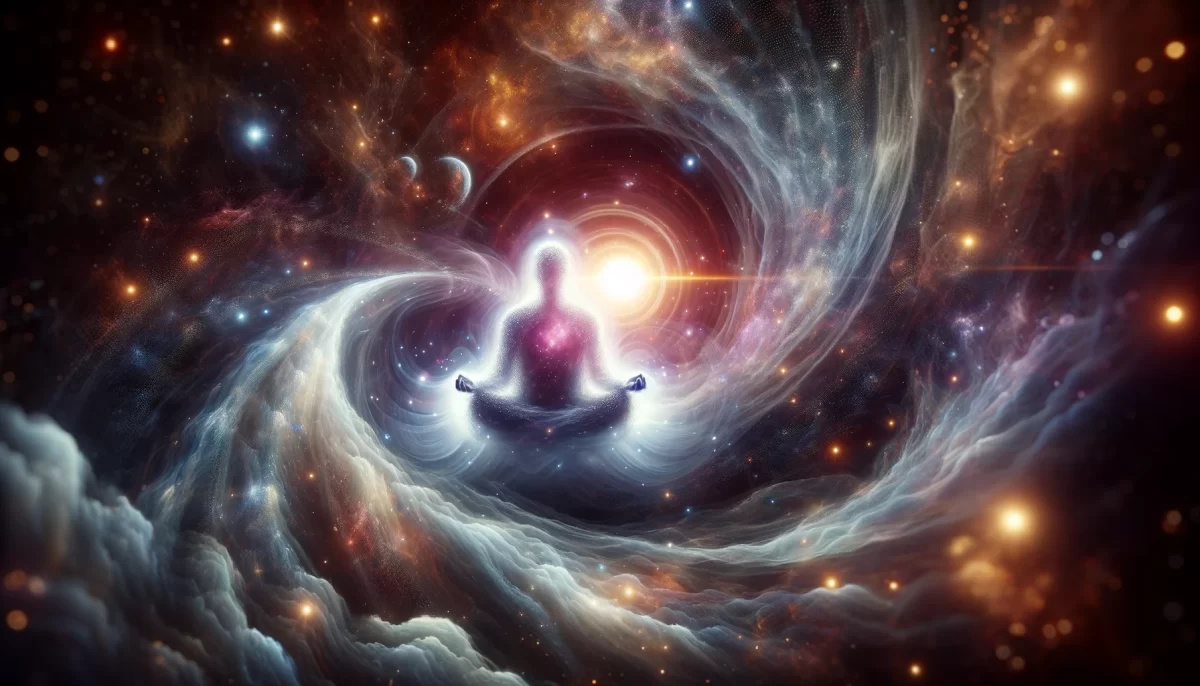
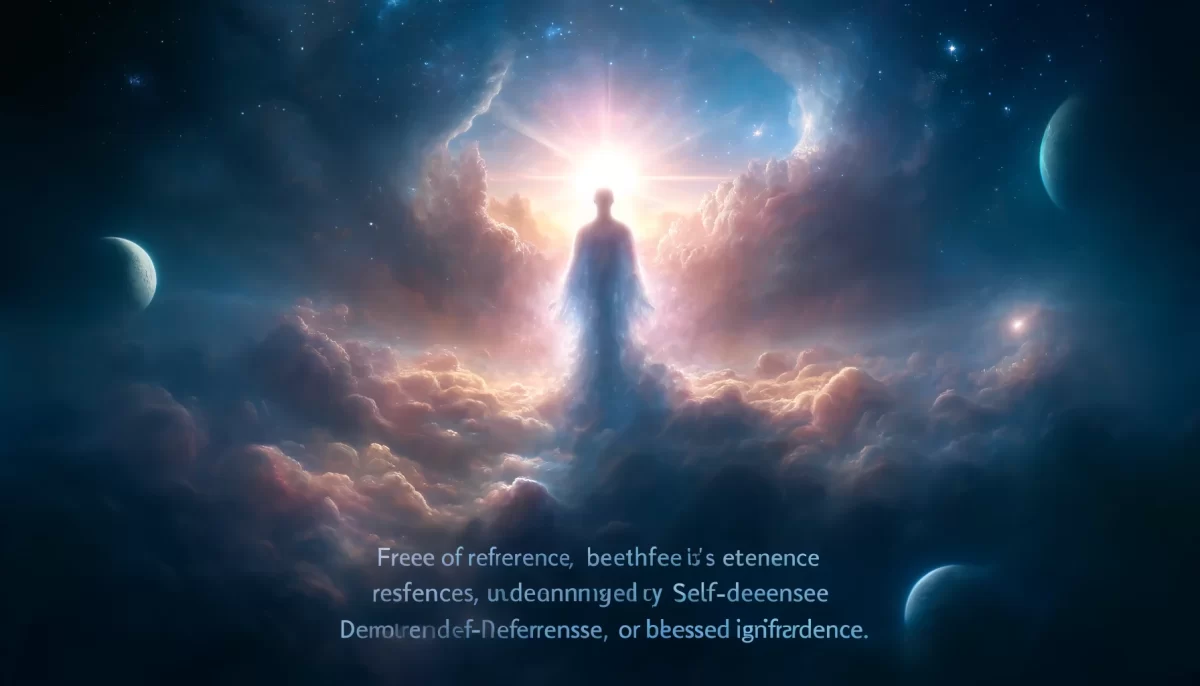






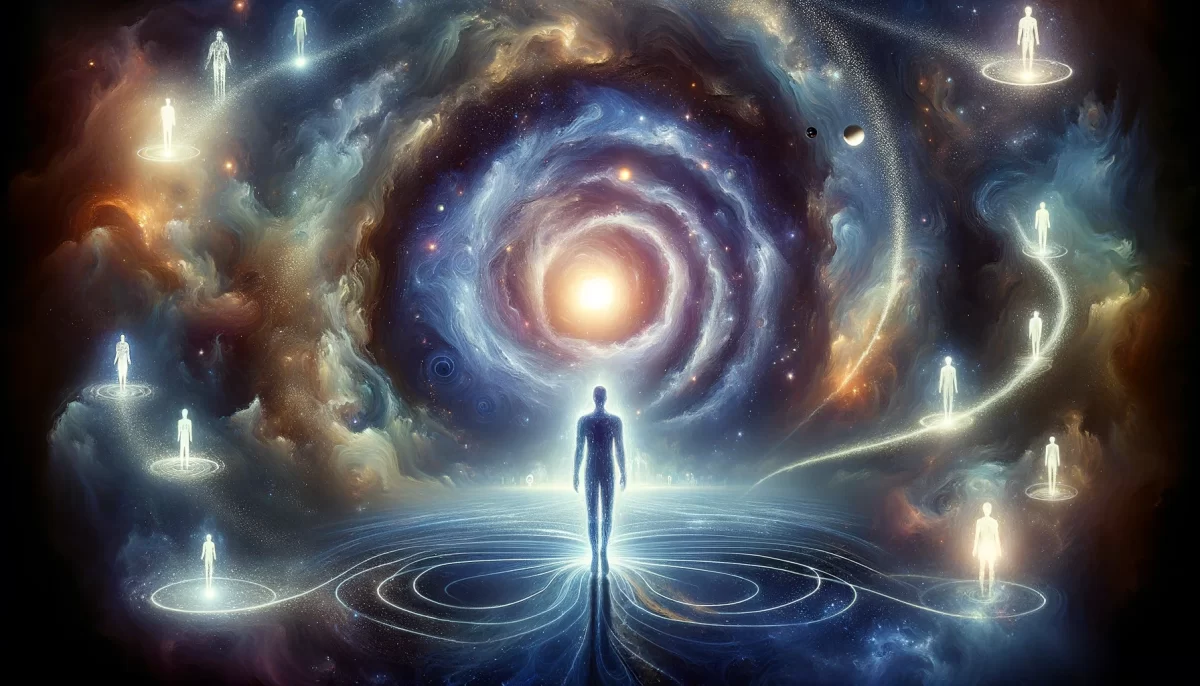

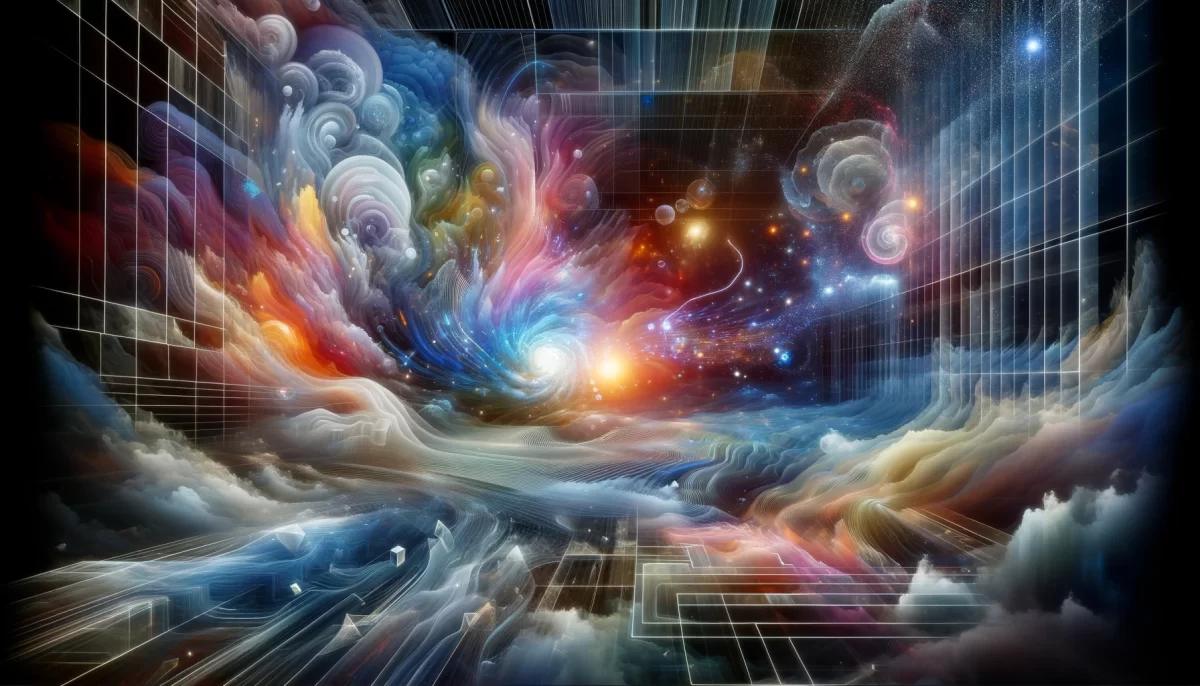




Leave a Reply